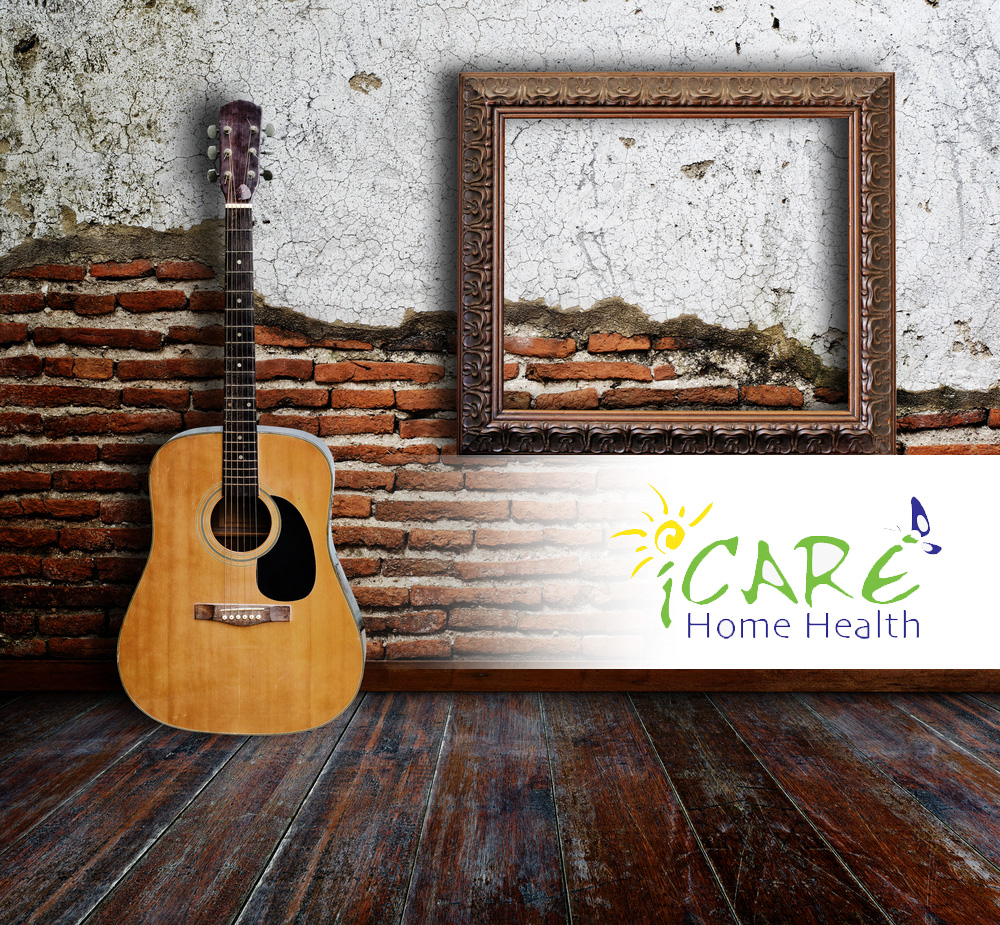The Soundtrack Of Our Lives – Stave Off The Effects Of Dementia And Alzheimer

Think about the day you had today. Now think about yesterday too. What occupied your thoughts? How did you keep your mind entertained? I bet you didn’t have to worry about this problem too much. Remember when your thoughts were filled with your work, school, family, what to make for dinner, and then planning for the next day? Maybe, if you were lucky, you could fill in a little time watching TV or reading a book before bed. Now, imagine if you didn’t have a job or small children who live with you to fill time and occupy your thoughts. It might sound nice at first, but it will get daunting fast. Keeping their mind occupied is a challenge that seniors face on a daily basis.
After you retire, your children move on, and you are not capable of being as physically active as you once were, keeping the brain active becomes all the more important. It isn’t just about entertainment or loneliness either; studies have shown that keeping the mind sharp can help stave off the effects of Dementia and Alzheimer’s.
So, what can you do to help keep your loved one cerebrally active? Nothing jumpstarts the brain quite like music! Music therapy is a centuries-old discipline that has only gained traction in the therapeutic field in the last 50 years. It involves the playing or listening of music to help soothe the mind and soul. In addition, there is also Art Therapy that can work as an instrument of peace.
The beautiful part about music therapy is that it can involve a therapist and musical instruments or be as simple as using a CD player. Music therapy has been used to treat mood disorders, depression, autism, neurological disorders, and even heart disease. The benefits of music therapy for seniors include:
- Memory Prompting- The brain associates certain physical sensations with memories. The smell of some foods may remind you of a childhood memory. This works with music as well. We associate songs we here with the memory of certain event or even a time period in our lives. Music therapy can be a useful tool in helping those memories that have been lost to dementia or Alzheimer’s disease. Even in the absence of these afflictions, music can restore memories that have been long sleeping in the back of the brain.
- Stimulation of Movement- Handclapping, toe tapping, head nodding, dancing in one spot….we all find ourselves unconsciously moving to the beat of the music. It seems to be hardwired into our brains that we instinctively move to a rhythm that pleases our ears. This stimulation of movement is great for seniors who need to get up and move a little bit to keep the blood flowing and the body health. Music therapy is a natural conduit to movement.
- Positive Feelings- Songs are often played to stir up crowd excitement at sports games, political rallies, and parties. It can also be used to set the mood at weddings and fancy restaurants. Music does more than stimulate our brains and bodies; it also has an impact on our emotions. Songs can make us happy, excited, and nostalgic. Keeping a positive mind set in seniors is another benefit of Music Therapy.
Dick Clark used to say that “music is the soundtrack of our lives”. Music therapy can be a fun and inexpensive way to bring memories, movement, and positive feelings in the elderly and your loved ones.
Looking for a home healthcare agency in Burlington, Oakville or the GTA? At iCare Home Health we are passionate about caring for the elderly and those in need. Book an assessment and let’s talk about needs of those you care for.

